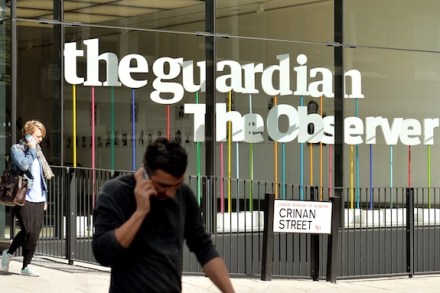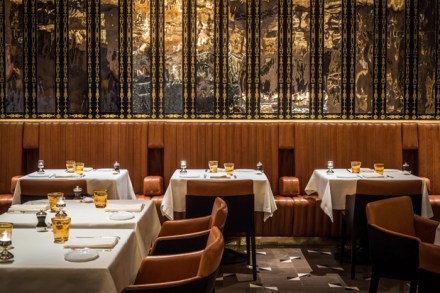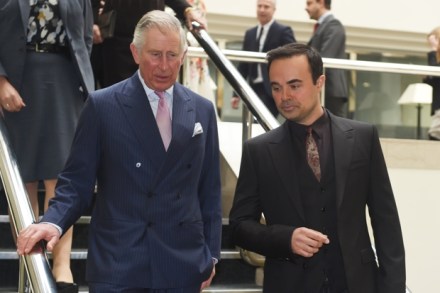‘I will call the police!’: My close encounter with ‘revenue protection’
‘Make yourself a happy bunny this Easter with cheap tickets and egg-cellent deals!’ chirped the Abellio train company advert. I use Abellio’s Greater Anglia service regularly from London and was looking forward to a nice fluffy ride to Norwich. I was late for the 9 a.m. train but the Liverpool Street station Abellio assistant smilingly informed me I wouldn’t need to pay extra for the later train. I bought a cup of coffee and presented my ticket to the barrier staff at platform 11. A dignified-looking man of African origin with ritually scarred cheeks seemed to be unusually officious. Tapping my ticket with the sharp end of a pencil he



















